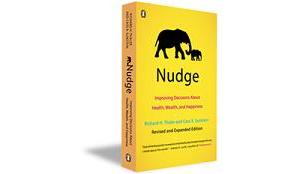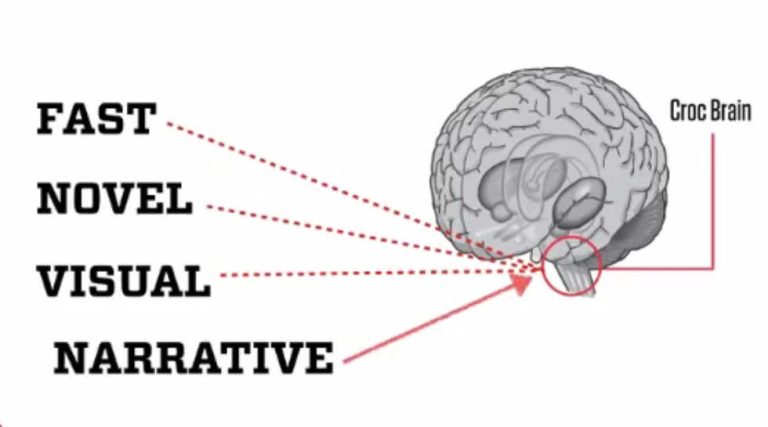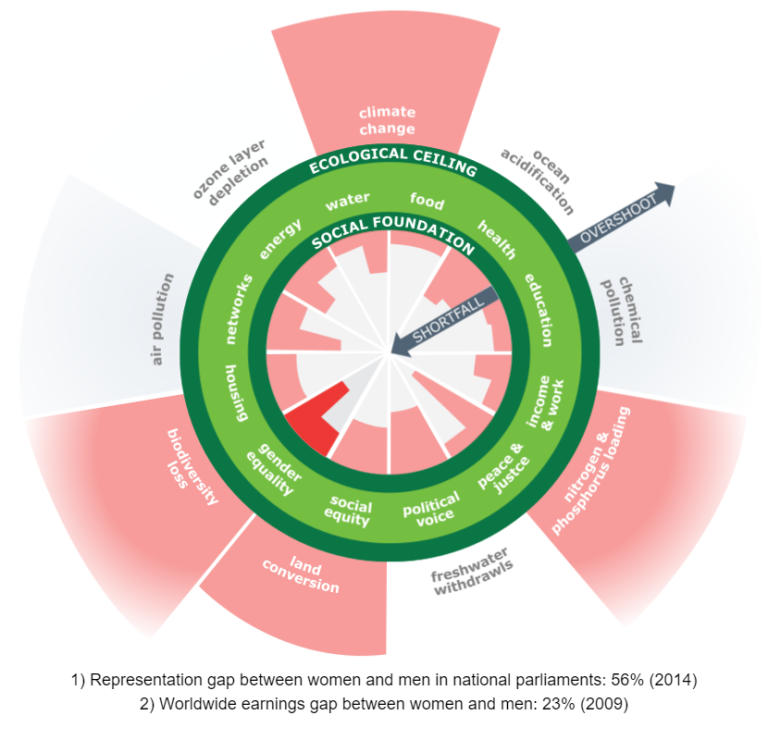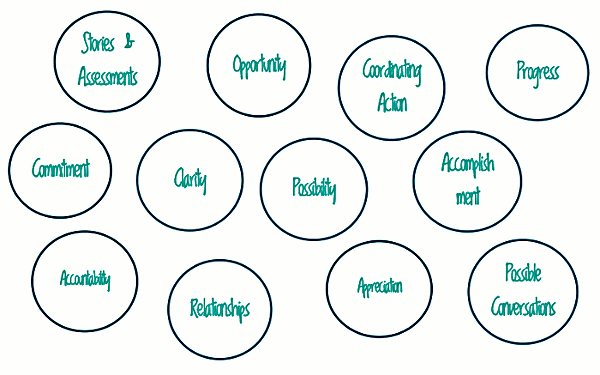3 simple practices for success in the business sustainability game
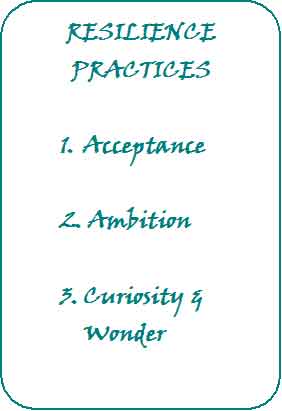
GreenBiz.com recently released its 2013 State of the Profession report on the sustainability executive job market. One of its findings was that there are key ways of being that support sustainability leadership success – particularly curiosity and an ambition to communicate effectively.
There is a trio of definable and practicable mindsets that support these ways of being. In the same way that Pilates builds core strength in our physical bodies, these practices build emotional resilience and are a strong foundation for career and life success. The three practices are acceptance, ambition and curiosity/wonder.
(NOTE: Research tells us that these practices are foundational to creative thinking and problem solving – negative states such as anxiety, resentment and resignation shut down exactly the parts of the brain that we need most to deal strategically with complex issues.)
GreenBiz’s conclusion on the key ingredients for success…
“Those involved in leading sustainability efforts have an immense and nimble curiosity, able to immerse themselves in a wide range of new issues and topics as they arise, whether from inside the organization or from outside. They are willing and able to traverse uncharted territory and shifting circumstances, all the while interpreting the current state of affairs to others, and watching the horizon for the unexpected.”
Download the full report here: http://www.greenbiz.com/news/ 2013/01/08/state-sustainability-profession-2013
Three practices for sustainable success…
- >When we practice acceptance of what is, we stop loosing energy to resentment. This doesn’t mean we give in, it means we put our energy into what CAN be done from here.
- We give up on resignation and build our ambition for what CAN be created in the future.
- >With a vision of how the future can be, we put aside anxiety and explore how to generate win/win/win solutions with curiosity and wonder.
Practice #1: Acceptance…
Acceptance is about how we deal with things we have decided are facts in the world. Some examples of things I currently choose to treat as fact are:
- The majority of business isn’t responding to environmental issues the way I want it to.
- Business is made up of human beings acting in groups – habit, groupthink and rationalising are the norm – NOT “rational decision-making”.
- 15% of the population are innovators and early adopters – the majority (the other 85%) respond to change as a threat. They need social proof and simplicity.
The practice of acceptance is founded in a specific script. However, it is a practice so don’t just read these words – act them out. In acting them out you are engaging your emotions and physical posture to fully inhabit this way of being.
WARNING: If you’re not used to it, this can be really challenging – give it your best shot AND give yourself permission to do it badly.
Here’s the script for your practice of acceptance:
- “I don’t necessarily like what has happened AND THIS IS HOW IT IS.”
- “Things have happened beyond my power to control.”
- “There is no point dwelling continuously on what cannot be changed.”
- “What’s possible for me to think and do, given that I accept this situation?”
For example: The majority of business doesn’t get it yet – what can I do to deal constructively to work for change within this reality? (I’ve noticed that “Business should…” isn’t working – what else is there?)
Practice #2: Ambition…
In practicing Ambition (for a regenerative future) we allow the possibility of change in the world and are ambitious to be a part of that change. We don’t resign ourselves to powerlessness and a bleak future – we take on the challenge to be Change Agents.
Once again, this is a practice, so don’t just read these words – act them out. Acknowledge that some of them are going to feel horrible, if not impossible at first (which is how I felt about some of my first Pilates classes).
Are you ready? Then let’s go. Here’s the script:
- “I accept the possibility that I can be an influencer for the change I want to see in the world”.
- “I have a sense of hope for the future.”*
- “I am looking for and finding the positive possibilities.”
- “Things can be different and I can play a role in bring about something new.”
- “I’m really enthusiastic about getting started – I want to explore and experiment.”
* I get my hope from the many stories of successful regenerative business I have collected: http://www.linkedin.com/groups/Regenerative-Business-3694844
For example: I am ambitious to learn and practice the communication and influencing skills that I assess will increase my capability to be a Change Agent, dealing more effectively with the majority who are motivated conservatively.
Practice #3: Curiosity and Wonder…
The world has always been an uncertain place. Anxiety was a survival plus for hunter gatherers – it kept us alive. However, in the 21st century anxiety can be crippling – particularly if we get trapped in the illusion that protective behaviour will keep us safe.
The world is changing rapidly, and our best protection is our ability to learn and adapt – so practicing curiosity and wonder is seriously powerful.
The script for practicing curiosity and wonder is:
- “I accept that the future is uncertain.”
- “I am very curious and I wonder what I can do to make a difference.”
- “The world is full of mystery with so many things for me to find out about and learn (including myself).”
- “I’m excited and interested to see what happens and how I will deal with it.”
- “This is fascinating – I want to explore and experiment.”
Are you up for it?
The biggest challenge one of my early mentors gave me was this:
“The quality of your communication is the result that you get!”
If you don’t like how business is listening to you, it could be time to change your message (and possibly its audience).
Regenerative business???
The regenerative business revolution was described by Paul Hawken in “The Ecology of Commerce” in 1993. It was declared by Ray Anderson of Interface on August 31st, 1994. Regenerative businesses go for win/win/win strategies that enable them to prosper in ways that regenerate the finite ecosystems they do business within.
It’s not obvious yet, but once you start to look beyond the mass media you’ll find an exciting world of sustainable possibilities that have become reality in recent decades.
For more about these practices….
These foundational practices for developing resilience are drawn from the practice of Ontological Coaching. We recommend “Coaching to the Human Soul” (particularly Volume 2) for a deeper exploration of these powerful, enabling ways of being.

